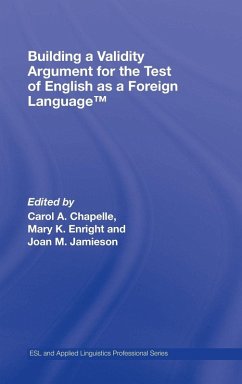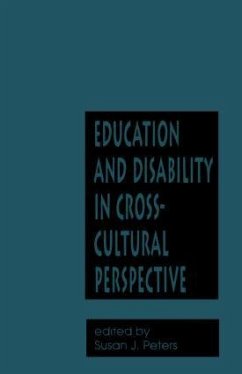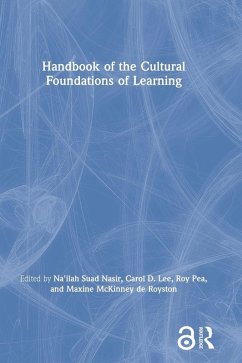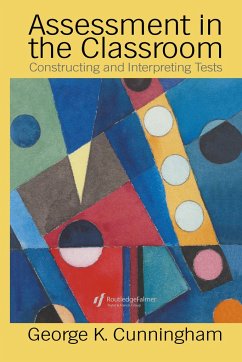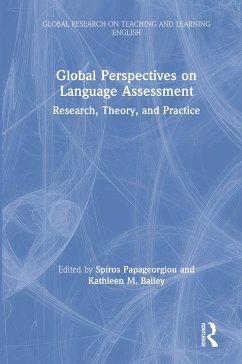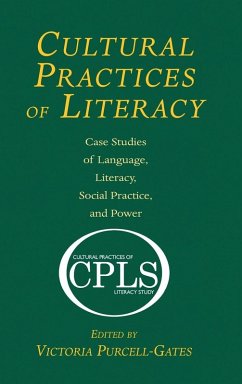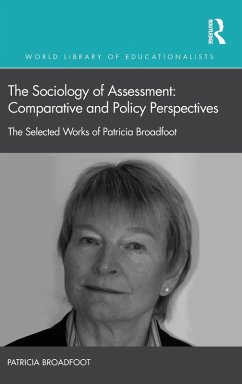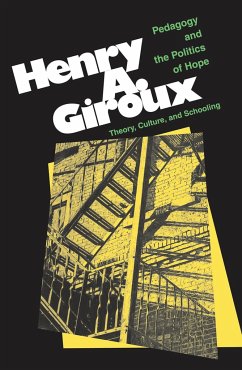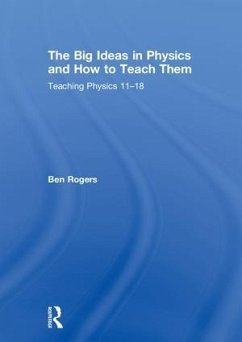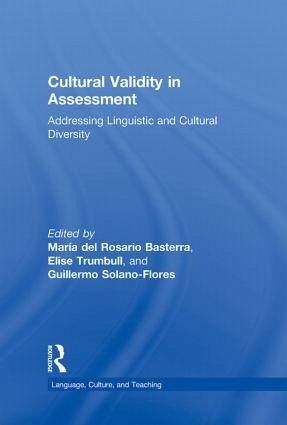
Cultural Validity in Assessment
Addressing Linguistic and Cultural Diversity
Herausgeber: Basterra, María del Rosario; Solano-Flores, Guillermo; Trumbull, Elise

PAYBACK Punkte
102 °P sammeln!
What is assessment and how is it a cultural practice? How does failure to account for linguistic and cultural variation among students jeopardize assessment validity? What is required to achieve cultural validity in assessment? This resource for practicing and prospective teachers - as well as others concerned with fair and valid assessment - provides a thorough grounding in relevant theory, research, and practice. The book lays out criteria for culturally valid assessment and recommends specific strategies that teachers can use to design and implement culturally valid classroom assessments. A...
What is assessment and how is it a cultural practice? How does failure to account for linguistic and cultural variation among students jeopardize assessment validity? What is required to achieve cultural validity in assessment? This resource for practicing and prospective teachers - as well as others concerned with fair and valid assessment - provides a thorough grounding in relevant theory, research, and practice. The book lays out criteria for culturally valid assessment and recommends specific strategies that teachers can use to design and implement culturally valid classroom assessments. Assessment plays a powerful role in the process of education in the US and has a disproportionately negative impact on students who do not come from mainstream, middle-class backgrounds. Given the significance of testing in education today, cultural validity in assessment is an urgent issue facing educators. This book is essential reading for addressing this important, relevant topic.





